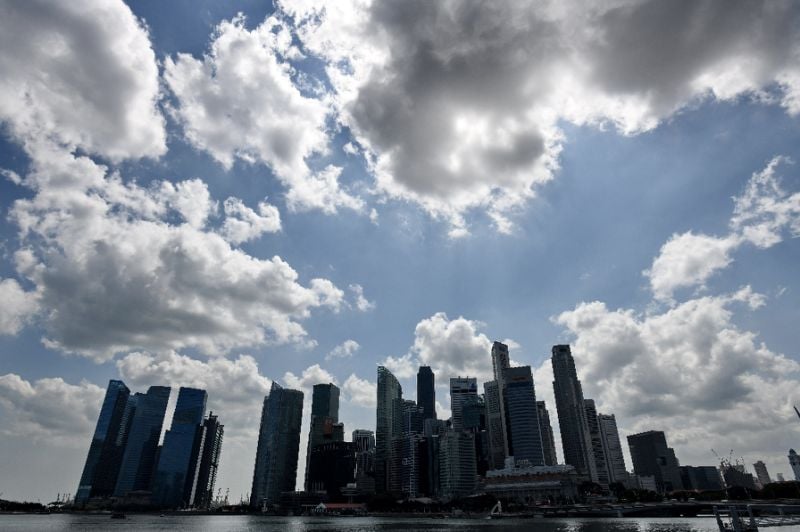Deal on China-backed mega free trade pact likely in November: Singapore

Agency
September 02, 2018

SINGAPORE – Broad agreement on what would be the world's biggest free trade deal is expected to be reached at a leaders' summit in Singapore in November, the city-state's trade minister said Saturday.
The 16-nation Regional Comprehensive Economic Partnership (RCEP), which will cover about half the world's population and a third of its GDP, has taken centre stage as Washington embarks on a unilateral, protectionist agenda.
The RCEP is backed by China and notably excludes the US, which had been leading another regional pact -- the Trans-Pacific Partnership (TPP) -- until President Donald Trump abandoned it on coming to office early last year.
Trump, whose administration has embarked on an America-first policy and is engaged in a tit-for-tat trade brawl with China, will skip two Asian summits in November, including one in Singapore.
RCEP trade ministers and negotiators met in Singapore on Thursday and Friday on the sidelines of an Association of Southeast Asian Nations (ASEAN) gathering.
The RCEP will group the 10 ASEAN members plus China, India, Japan, South Korea, Australia and New Zealand. It will become the world's biggest free trade pact if agreement is reached.
Singapore Trade and Industry Minister Chan Chun Sing said the RCEP talks have reached their "most challenging stage" but maintained that an agreement was in sight.
"We are looking for that broad agreement, that milestone to be achieved, or what we call substantial conclusion, when the leaders meet at the end of the year," he said at a news conference Saturday, referring to the November summit.
"Just like climbing a mountain, as we go nearer and nearer to the summit, the climb can become steeper and more challenging," Chan said.
A diplomatic source said one possible sticking point is the degree to which countries are willing to open up their markets to each other for goods, services and investments.
For a deal to be reached, countries must work to narrow their differences and show flexibility to accommodate each other's concerns, Chan added.
Beijing is keen to use Washington's rejection of the TPP to increase its influence in the region by backing the ASEAN-led RCEP and endorsing free trade.
RCEP is a more modest deal that prescribes lower and more limited regulatory standards.
The 11 remaining TPP members signed a slimmed down version of the agreement in


Leave Comment